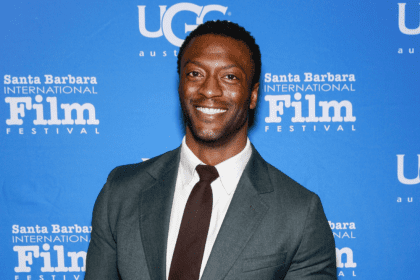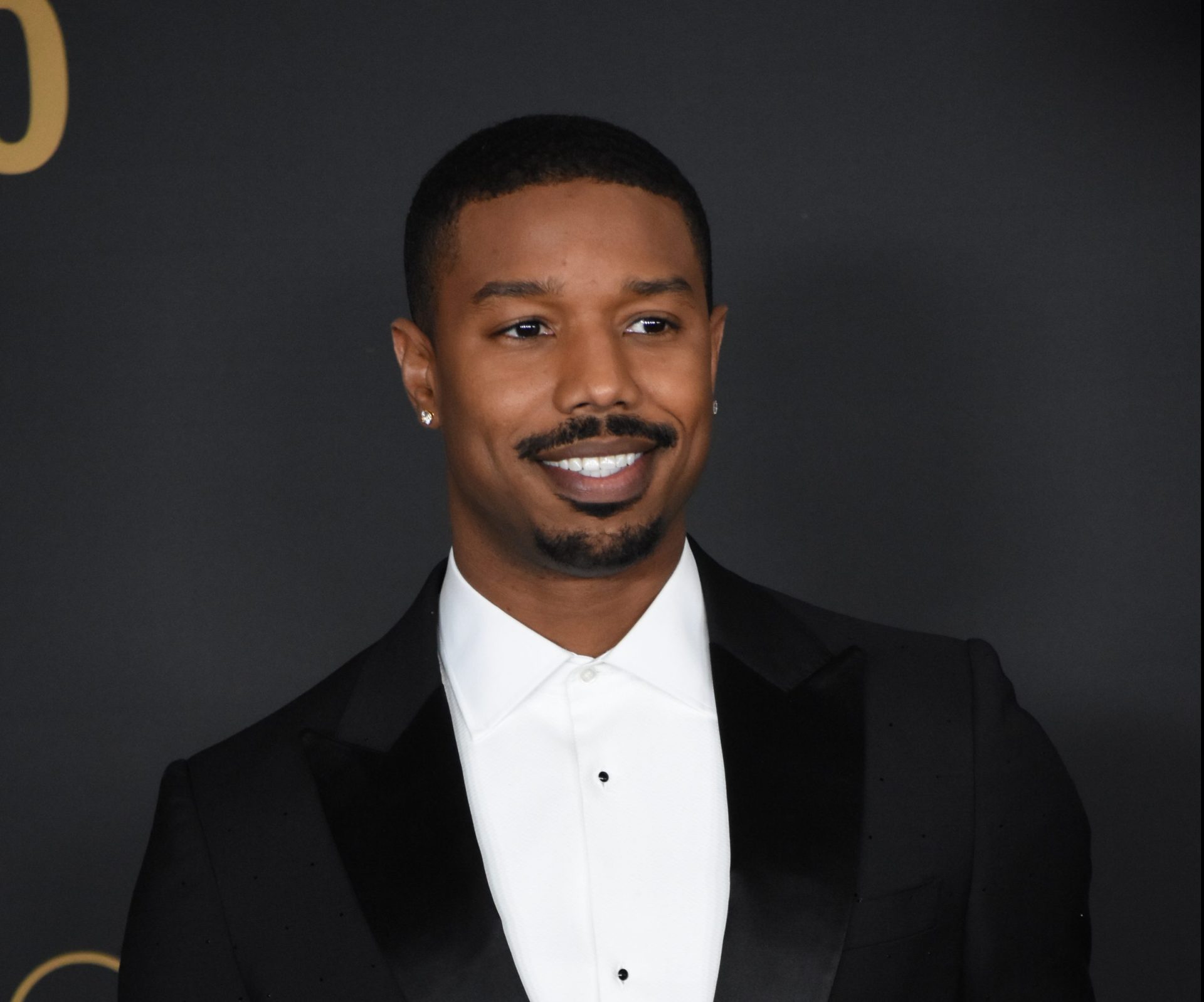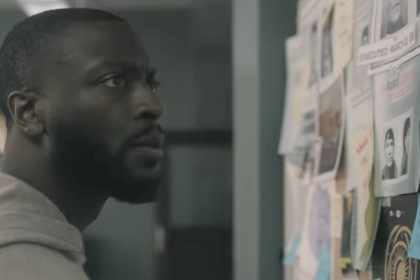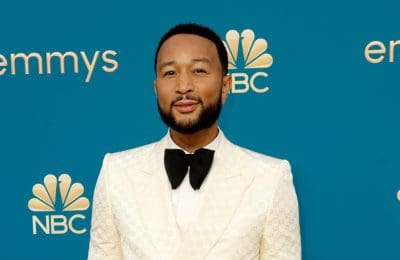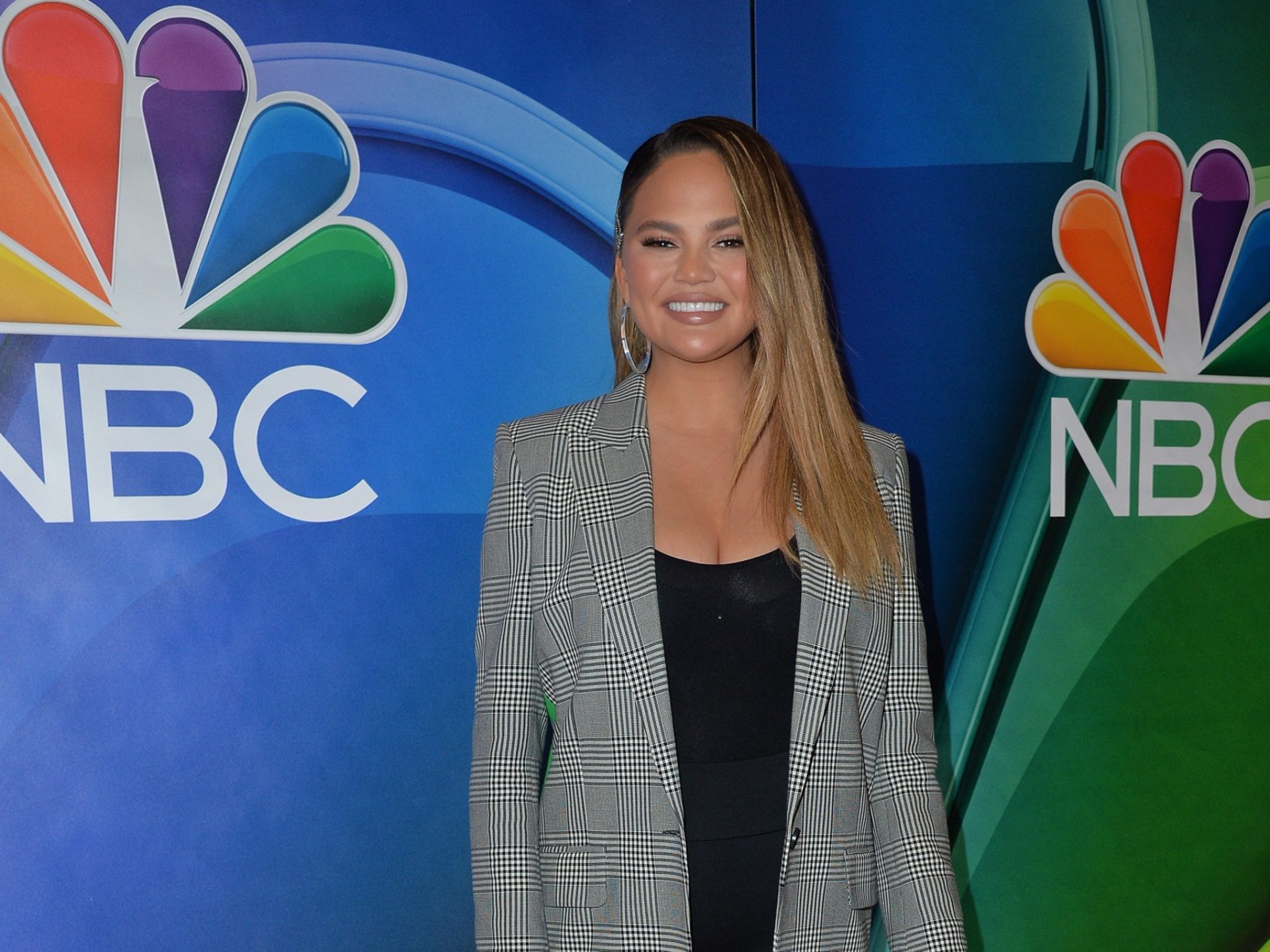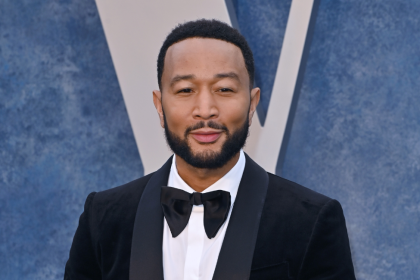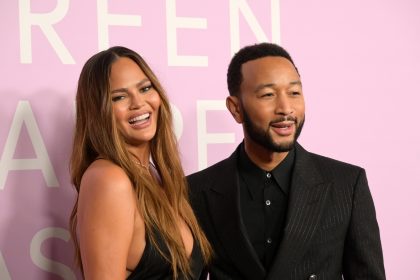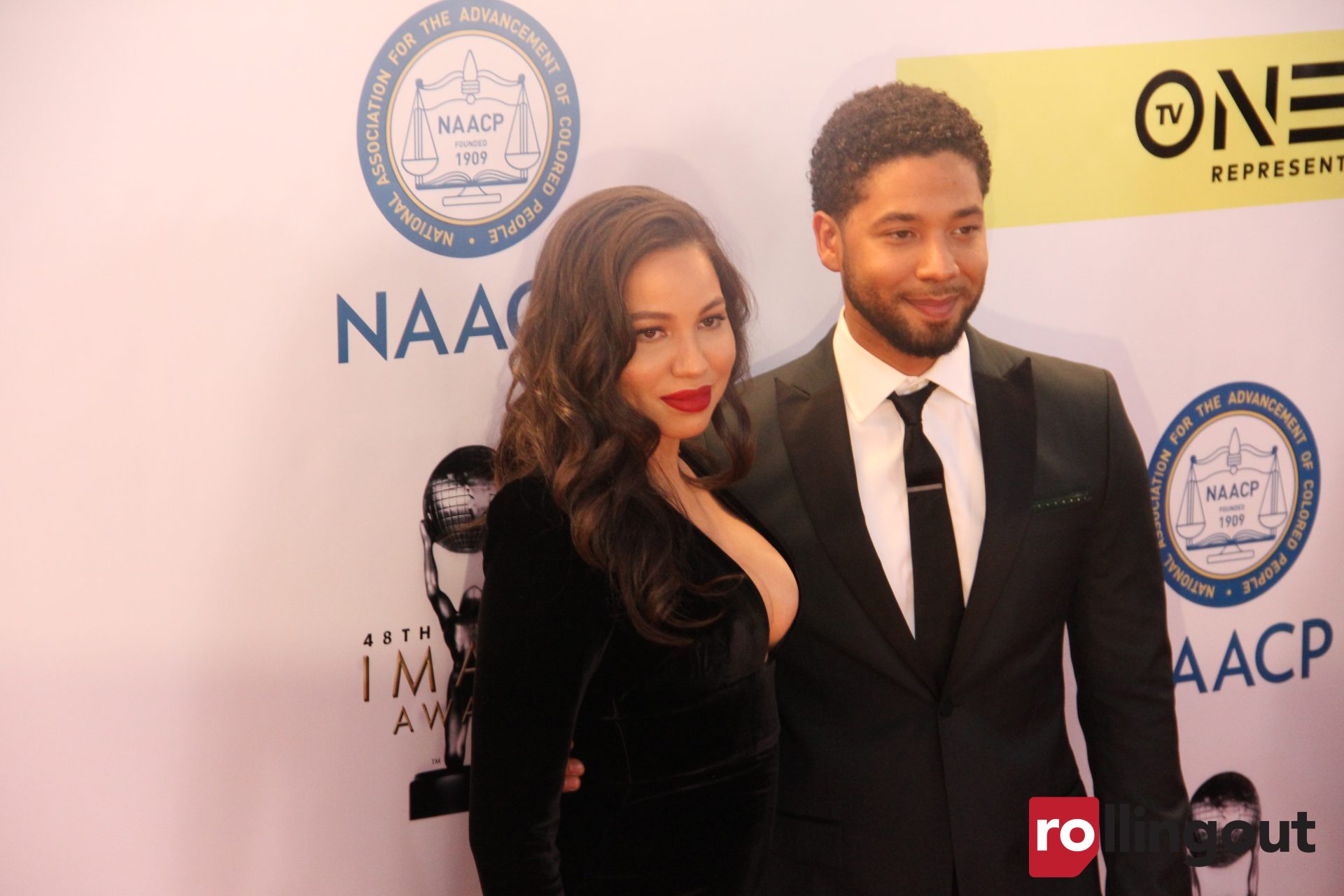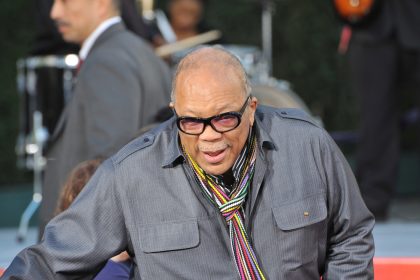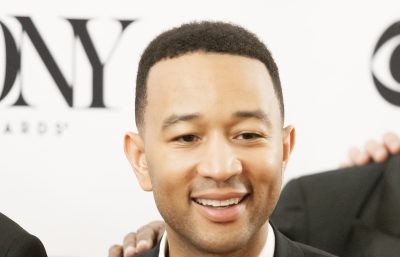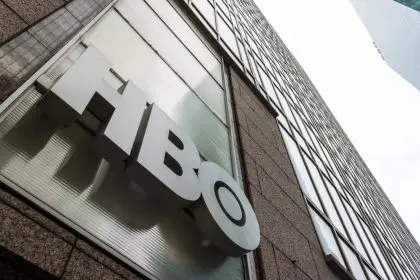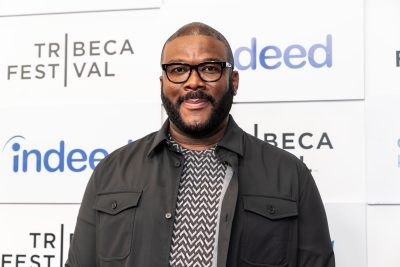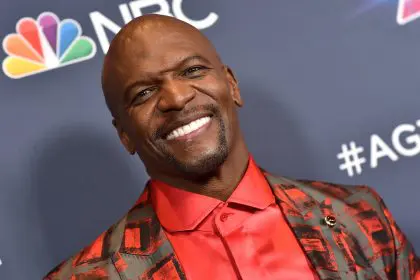
WGN’s new dramatic series, “Underground,” follows a group of courageous slaves who use their ingenuity and perseverance to break free from an abusive plantation in Georgia, despite the life-threatening consequences that potentially wait ahead. The 10-episode program was put together by executive producer John Legend, creators and executive producers Misha Green and Joe Pokaski, executive producer Akiva Goldsman, and director and executive producer Anthony Hemingway. As a collective, the creative team has done an outstanding job at focusing the storyline on the revolution that happened during slavery and not the occupation itself.
Actor Aldis Hodge, best known for his role in box-office smash Straight Outta Compton and on the small screen in “Leverage,” plays the lead character, a young blacksmith named Noah, who is the brainchild behind the revolt of men and women attempting their great escape to freedom in the North. Because of his occupation, Noah was afforded the opportunity to travel and see what the world has to offer, unlike the rest of his fellow slaves. “I love the fact that he knows how to sacrifice his own well-being for the sake of the greater good. He learns along the way that it’s not just him and that everybody has to be free,” he says.
In addition to Hodge, Jurnee Smollett-Bell, Christopher Meloni and Alano Milleralso bring captivating performances to the small screen as part of the “Underground” cast.
Hodge spoke with rolling out to discuss the physical challenges he was faced with while filming in Baton Rouge, Louisiana, why this is the perfect time for the show to be released and his thoughts on the lack of Black history lessons being taught in the education system.
“Underground” premieres Wednesday, March 9, 2016, at 10 p.m. EST on WGN America.
What sets “Underground” apart from previous slave narratives?
In other slave narratives, most of the time we’ve seen our people being victimized. Sometimes it’s unappealing or hard to take in. This is, for lack of a better phrase, we’ve been saying “it’s not a the occupation, it’s the revolution.” This is about enslaved Americans fighting back, winning and gaining some ground. This is the first time I feel like we’ve celebrated the strength and the intelligence of African Americans, but at the same time this promotes the first integrated Civil Rights Movement. We talk about enslaved Americans who are Black, but there were White Americans who were also understanding of the situation when it happened and wanted to help. It’s not really pointing the finger at the big elephant in the room, which we all know is there. It’s really shining a light on the progression, which is what got us to where we are today.
Also, we understand the subject matter, but it’s not heavy. It is very action forward. It’s very much so a thriller and the way things are played you get to understand the mentality of the people. It’s not just about understanding the bad things. It is about understanding what people had to go through in order to change those standards. I love it because it really touches on exhibiting strength, understanding heart and sacrificing strength. The show is not about whose Black or White. The show is about Americans helping Americans. It gives the strength of what this country is supposed to be built on. I wanted to be apart of something great, but I didn’t want to be a part of something that was too hard to digest. When you think about the career, how long does a show or entity like that last? We’ve done a good job of communicating to the audience what the problem is, however, you don’t know their story.

How much did you know about this part of Black history before joining the show?
Honestly, I didn’t know much. When I was coming up in school this part of history wasn’t taught nor celebrated. I knew the small paragraphs that people talked about. When we started to really go into research of what this was, I found a different respect for the whole dynamic and what African Americans went through. My respect has been there already, but you get a different experience once you have education on what their standards of living were. You can imagine what they had to go through because just waking up was dangerous. Outside of your little cabin everywhere was dangerous. Every breath they took was dangerous. Imagine what it must be like living in fear on a consistent basis. I have a new respect for the whole situation. Most of these characters were created based on real, authentic slave narratives and real testimonies from people who were enslaved. When you read the real, honest nature of it all you understand why people may have wanted to cover up this time in American history. It was so very ugly.
How was your experience playing the intense role as Noah in “Underground”?
I love this character. I think you hit the nail on the head. We’ve seen me play different roles and I think what I love the most about having the opportunities is that it is such a different role, even in a sense of playing an enslaved American we are seeing such a different perspective of that through Noah’s eyes. He’s a blacksmith on the plantation which means he was highly valued for his intelligence and for his skills. He is afforded the chance to go to the city to refine his skills, so he’s seen more of the world than most of the slaves on the plantation have. He has always heard rumors of Black people being free in the North, so this is something he has been chasing for a while. He has tried to escape several times, but was brought back. He realizes he can’t do it alone, but the danger of recruiting people that poses a different challenge.
How physically and emotionally challenging was it for you during the process of filming?
Physically, it was ridiculous. My body has never been so beat up before doing a project. Honestly, the harder it got, the better it got to me because I knew nothing was going to come between us. It was such a validating experience. The weather was crazy. We dealt with heat storms, thunderstorms and those mosquitoes were crazy. They would literally bite through every piece of your clothing even if you had on ten layers. Being out in the natural elements of the woods, I had know idea how enslaved Americans got through what they got tough because those woods were treacherous. We were dealing with the snakes, alligators and water moccasins. We had a snake wrangler that was there on set with us every day and he caught about 2-5 different snakes every day. I would rather have worked on a real plantation opposed to a built up set because you can’t receive that authentic experience as an actor and as a creator. You can’t really receive it unless it’s right there in front of you.
Music played a significant role as a form of communication for slaves. How did the director infuse that into the script?
I feel like the songs were the first version of Morse code because that’s how they snuck around and commenced with one another. It was awesome to understand how they were using plants, moss trees and would weave that into a song. I can only imagine how to do that today and figure out how to navigate, throw it into a song and hide all of that information under the guides of the song being to simply get you through the work day. They were true spies. This to me was the first CIA. It was awesome trying to understand where that ingenuity came from. These people were wise and they understood their value at least to some degree. This is also why their intelligence was feared. They were not allowed to have books or learn how to read because they were very bright mentally. Learning how to navigate and have a song travel six hundred miles your way, I couldn’t imagine that today.

As you were playing Noah, what did you learn about yourself in terms of strengths and weaknesses?
Every role taken on brings its own challenge to the table. With this role, in particular, I wanted to find to find his fortitude, his pride and understanding not in a sense of being overzealous, but representing his purpose and his story properly. I am worth something, I know it and now I have to fight to find it and that is what I want this character to represent. I feel like this generation struggles with feeling like they’re worth something, but not having all the necessary tools to access it so they don’t believe in themselves. At the end of the day you don’t need anything but your own belief to get through it. I think that is something that is missing today. I think that a lot of people have big dreams but they end up settling for less because they don’t believe they’re worth more. This is the story of a group of people who were forced to settle for less and accept the worst things possible. They couldn’t have big dreams or ambition because it was against the law. Something so worth it so readily revealed in this show because every single moment of them fighting for their lives was a risk. Even today fighting for your lives is a risk, but it’s a risk that is well worth it and should be celebrated and explored.
The timing for “Underground” is perfect considering the ongoing race issues happening in America. What kind of knowledge do you hope viewers will gain after watching the season?
I hope this show will point out how ridiculous it is to sit there and judge people off of something so trivial like being from a different culture or for speaking a different language. The fact is the integration of this movement speaks volumes. There are a lot Black kids that don’t understand things about their culture because it’s not being taught properly and there are a lot of White kids who don’t understand that their ancestors are not all bad guys. They need to understand that there were people out there who fought for the rights of Americans all over. This will help to next generation to not repeat these same mistakes because we come from people who actually had sense. We are not all attached to this terrible history in the same way and even if some of my family members are attached to it I don’t have to repeat that. What makes sense is for us to work together. There is so much pride in American society to take from. I do hope people will understand in order for this society to survive, we need to work together.
Follow the series @UndergroundWGN — #BreakFree
Facebook https://www.facebook.com/UndergroundWGN
Twitter https://twitter.com/undergroundwgn

